Grow Up Urban Farms: Sustainable salads
Co-founder of the East London start-up, Tom Webster, explains how he is spearheading aquaponic farming in the UK
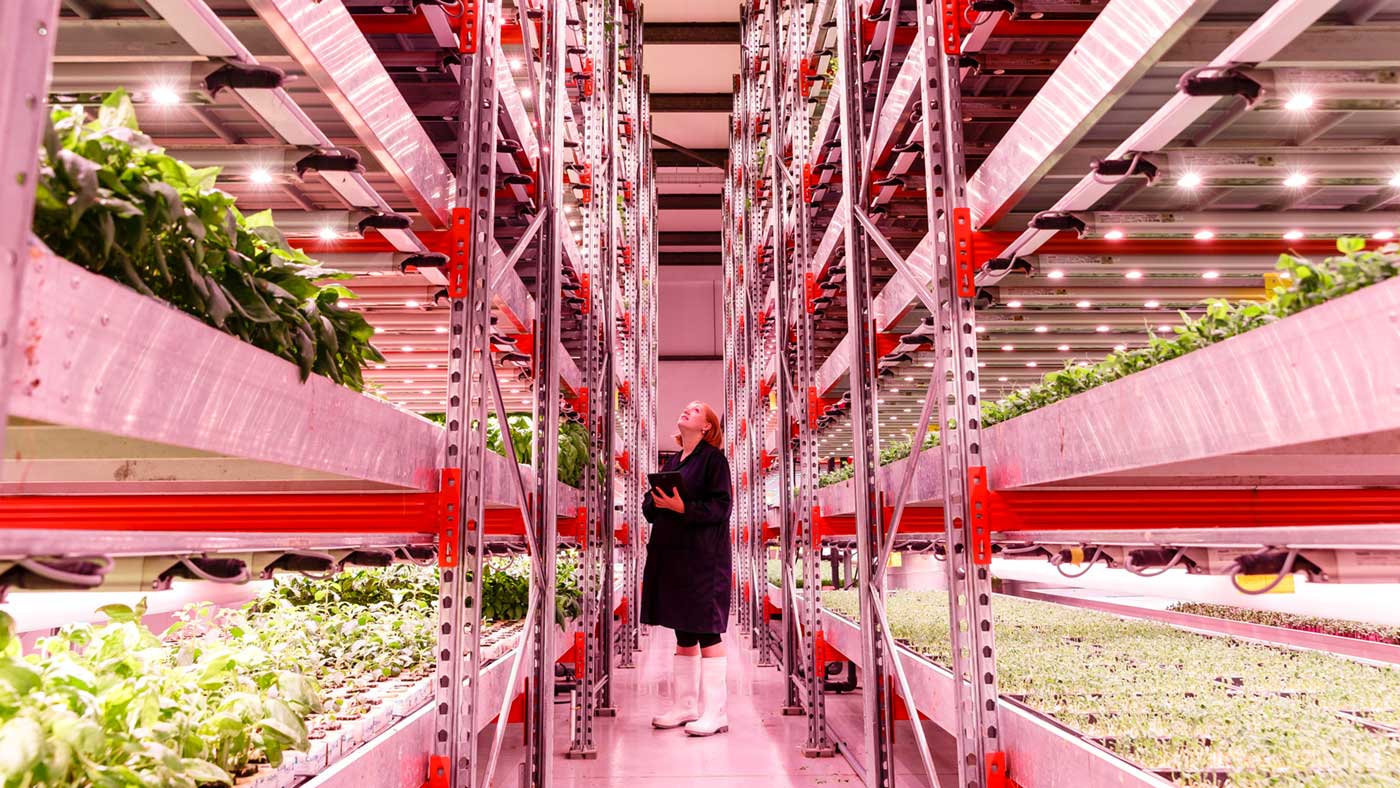
A free daily email with the biggest news stories of the day – and the best features from TheWeek.com
You are now subscribed
Your newsletter sign-up was successful
I co-founded GrowUp Urban Farms with my business partner Kate Hofman in May 2013. Our vision is to contribute to a more sustainable food system using aquaponics – a combination of aquaculture (fish farming) and hydroponics (growing plants in a nutrient rich solution other than soil). The farming methods we have developed enable us to produce a year-round harvest of fresh fish, leafy salad crops and herbs, in an energy-efficient controlled environment.
We started out by creating the GrowUp box, a demonstration system that we built in a shipping container at London Bridge, then, in 2015, we moved to Unit 84, at London Industrial Park in Beckton, and built our first farm.
The farm is essentially comprised of two separate systems. The first is a recirculating aquaculture system where water passes through a series of fish tanks, into a filtration system, and then back to the tanks. That water continually moves round and round between the tanks and the filters. At Unit 84 we have 12 tanks in the system, each containing roughly 400 Tilapia fish. It takes around six months to grow them from the fingerlings that we buy in. All our adult fish go to the Thai restaurant chain Rosa's. We've worked with them for years and it's a great restaurant run by great people. Tilapia is a very mild-flavoured fish, similar to cod. It takes on flavours really well, so it's well suited to Asian cuisine. It's also a very good source of protein and makes a great replacement for chicken.
The Week
Escape your echo chamber. Get the facts behind the news, plus analysis from multiple perspectives.

Sign up for The Week's Free Newsletters
From our morning news briefing to a weekly Good News Newsletter, get the best of The Week delivered directly to your inbox.
From our morning news briefing to a weekly Good News Newsletter, get the best of The Week delivered directly to your inbox.
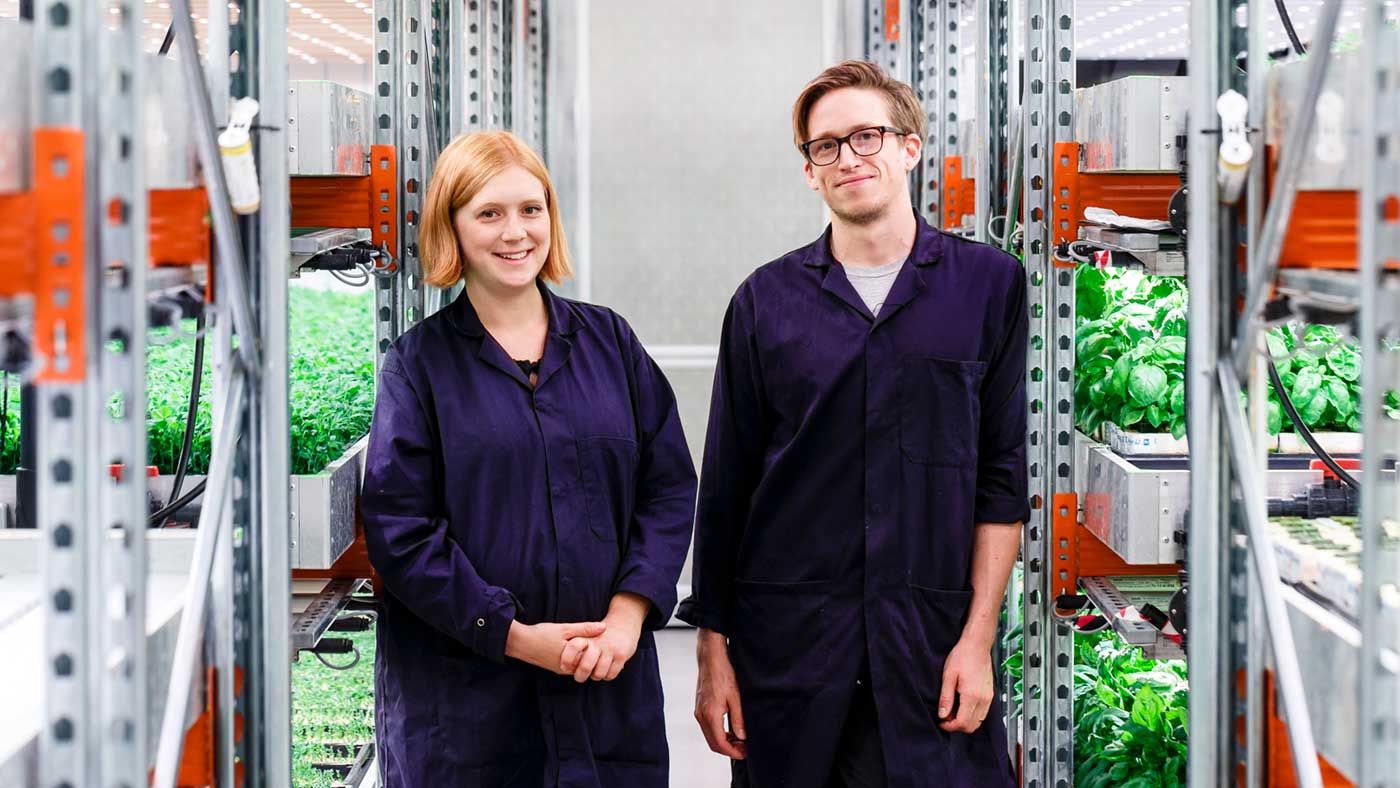
The other system we use is essentially a normal hydroponics system, with three fundamental differences. Firstly, there is no natural light– we use LED lighting instead. Secondly, instead of it being on a horizontal plane, we have lots of hydroponic benches stacked on top of each other, which we call vertical farming. This allows us to maximise the growing potential of urban spaces. Thirdly, instead of feeding freshwater into the system (that we would need to add all the necessary nutrients to), we bring in water from the fish farm, which already contains 80 per cent of the nutrients the plants need, which come from the fish waste. That's the only water that goes into the hydroponics system, and we just top it up with the other 20 per cent of nutrients that are necessary, particularly things that aren't in the fish's diet, like iron.
We've grown all sorts of microgreens – coriander, micro basil, fennel and rocket – tiny, beautiful leaves that are used to decorate plates and add a lot of flavour. We've also had a range of salad crops like pea shoots, sunflower shoots, watercress and baby kale, but our main focus is the more traditional baby leaf salad crops that you see in the supermarket, such as full-sized rocket and watercress, spinach, lettuces and pak choi. The UK currently imports a lot of these crops. They are widely consumed, widely imported and very perishable.
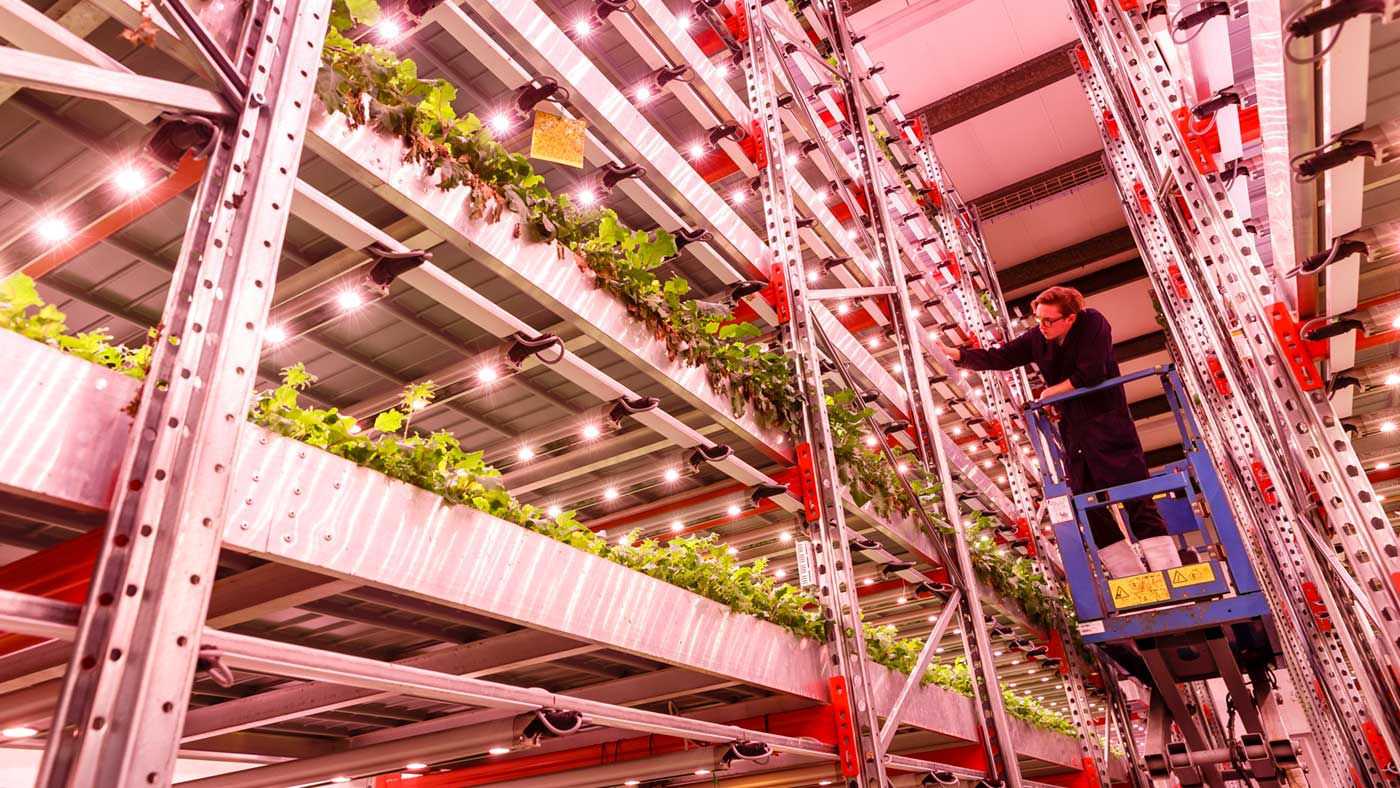
At the moment leafy salad is predominantly grown in Spain, Italy and Africa, so it travels a long way to reach us, which is not very environmentally friendly. These open-field crops are also at the mercy of the weather and climate change. As we saw in early 2017, the supply chains for salads got completely cut off when there was an unexpected frost in Italy and a snowfall in Spain, which meant that salad crops were decimated. The supermarkets were importing lettuce from the USA, at a loss, just to keep it on the shelves. In a world with an increasingly unstable climate, we need to look at producing more of our food in controlled-environment growing systems to safeguard against these kinds of devastating events.
The farm at Unit 84 is a commercial test bed we created to research, develop and prove our ideas and methods. We've worked with leading horticultural engineers and fish scientists in the UK to figure out the best way to make the system work at scale and we are now looking at sites for the next farm, which we plan to start building before the end of 2018. It will be much bigger and designed to be a profitable farm, feeding into the larger supply chains. Our focus is really on those baby leaf salads that everyone is already eating. We've learned to grow these properly, in an environment that's perfect for them – the right lighting, the right temperature, the right humidity – so once the next farm is built we're ready to go.
A free daily email with the biggest news stories of the day – and the best features from TheWeek.com
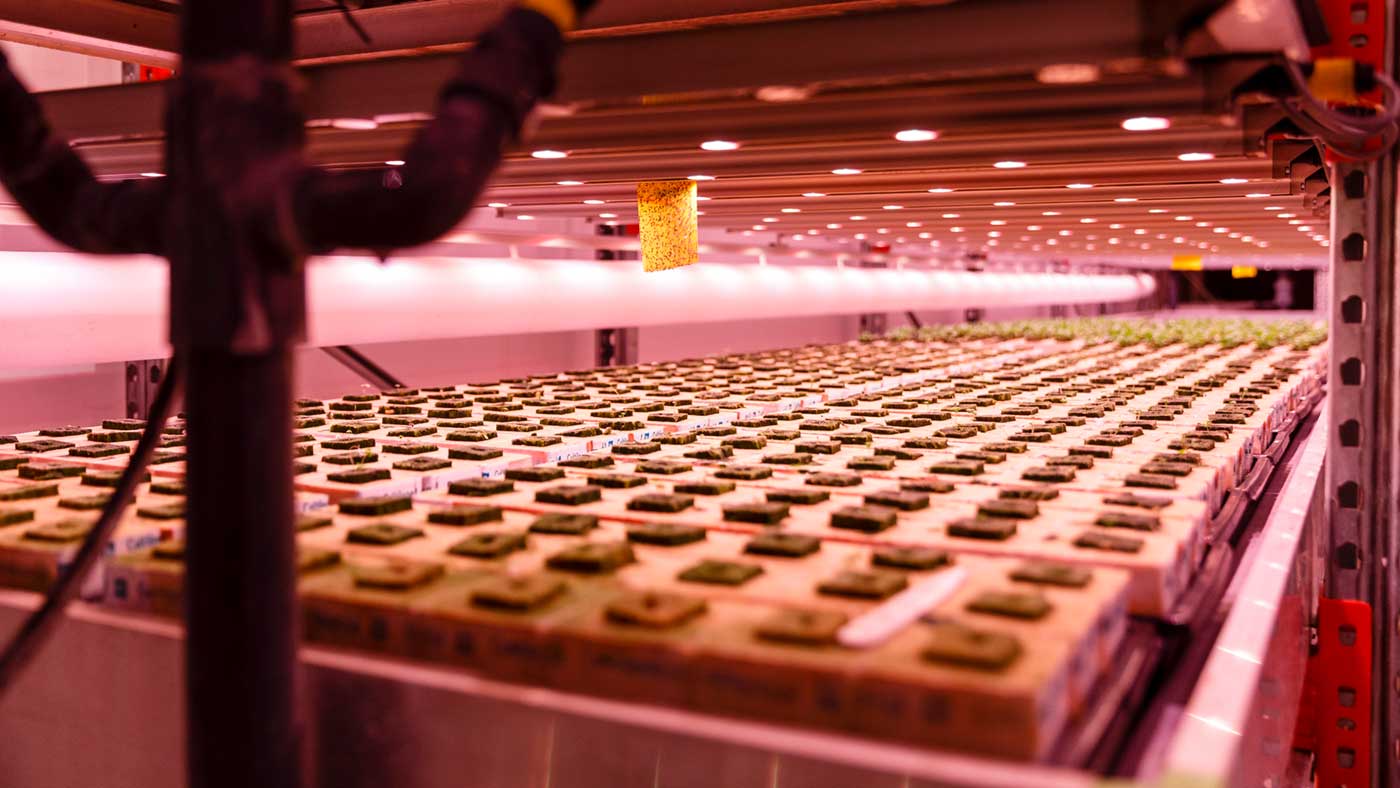
Agriculture happens on such a humongous scale that if we're going to have an impact we need to do something that fits into supply chains that already exist. For this reason we are looking to develop and operate farms near big food hubs, such as supermarket distribution centres and wholesalers, so we can get the produce to them as quickly as possible after it's been harvested, minimising the time, cost and environmental impact of transporting these perishable goods.
Our vision is not to create premium bagged-salads and niche products. We want to be the basic salad and fish fingers on the supermarket shelf. Protein and salad that people consume on a daily basis. It might sound like a strange thing to say, but that is when we will really be making an impact, so that's the gold standard for us and where we want to be – producing at scale, supplying to existing supply chains.
It will still be a drop in the ocean, but it will be a drop in the ocean closer to where we want to be.
Images © Miles Willis; growup.org.uk
-
 The environmental cost of GLP-1s
The environmental cost of GLP-1sThe explainer Producing the drugs is a dirty process
-
 Nuuk becomes ground zero for Greenland’s diplomatic straits
Nuuk becomes ground zero for Greenland’s diplomatic straitsIN THE SPOTLIGHT A flurry of new consular activity in Nuuk shows how important Greenland has become to Europeans’ anxiety about American imperialism
-
 ‘This is something that happens all too often’
‘This is something that happens all too often’Instant Opinion Opinion, comment and editorials of the day
-
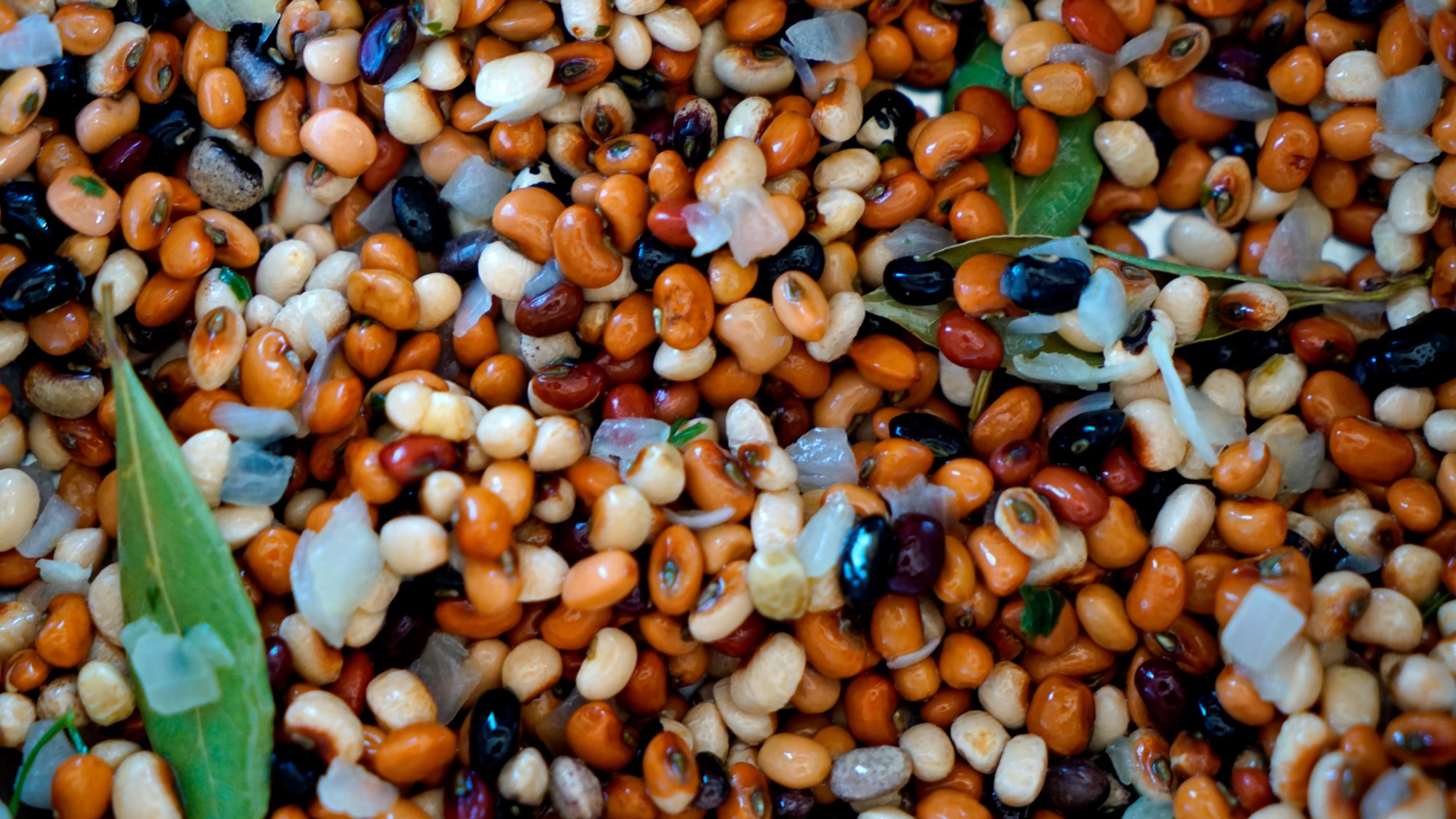 The rise of tinned beans
The rise of tinned beansThe Week Recommends Protein-packed, affordable and easy to cook with, the humble legume is having a moment
-
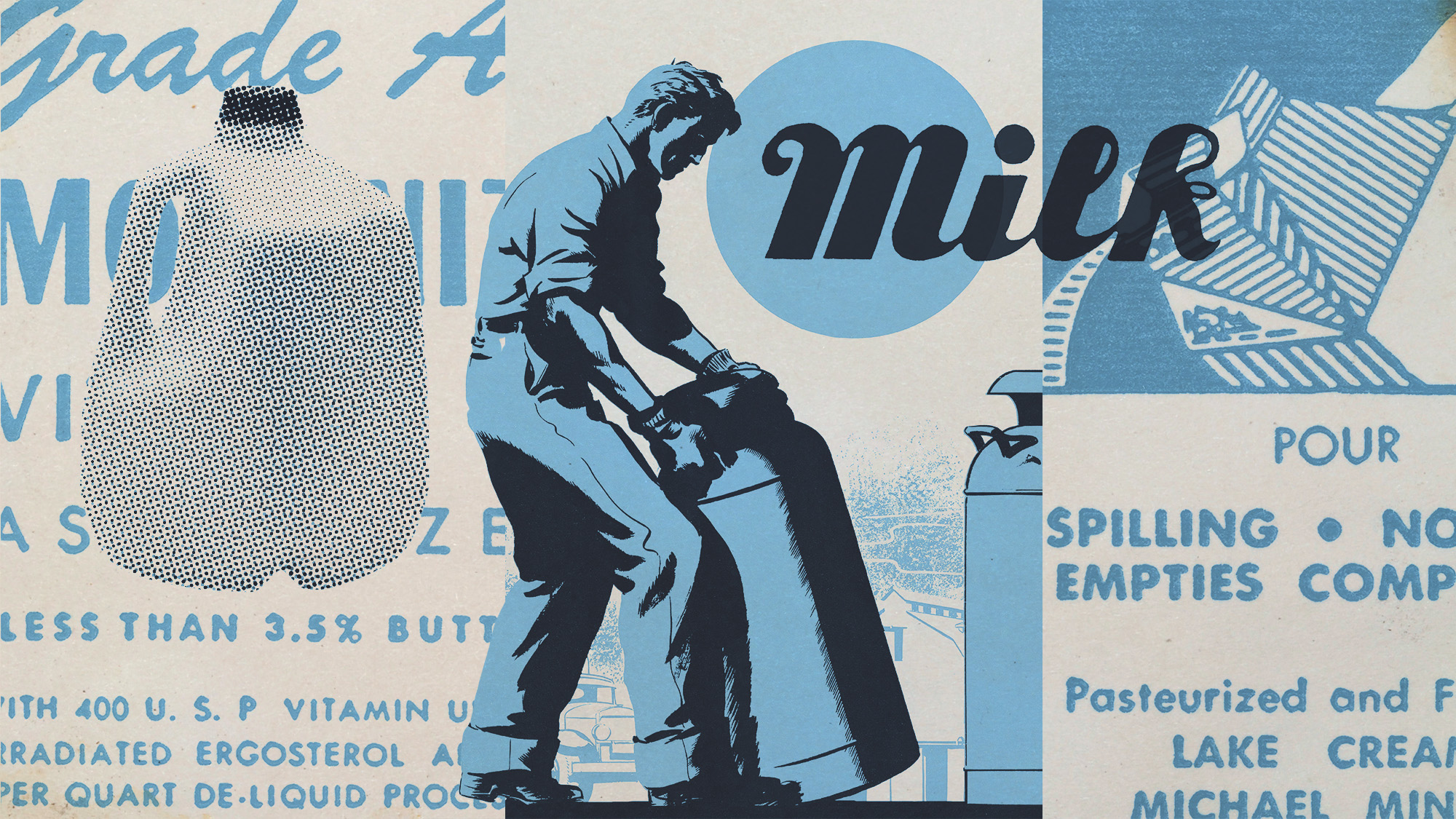 Dairy milk, once maligned, is making a comeback
Dairy milk, once maligned, is making a comebackUnder the Radar Sales of dairy milk were up 2% in 2024
-
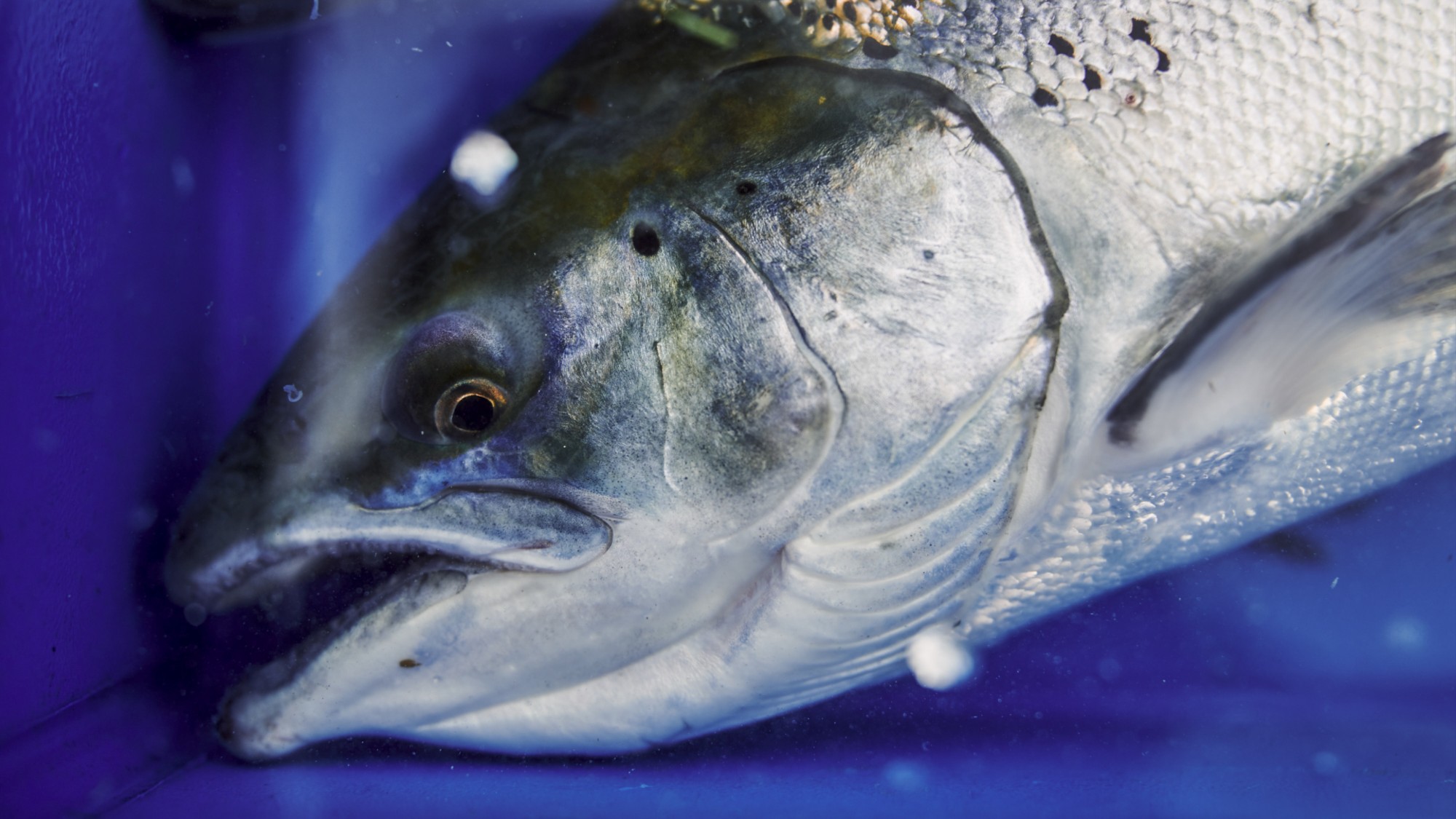 The dark side of salmon farming
The dark side of salmon farmingIn the Spotlight Scottish salmon is the UK's biggest global food export, but concern is growing over record-high death rates, escapes and environmental impact
-
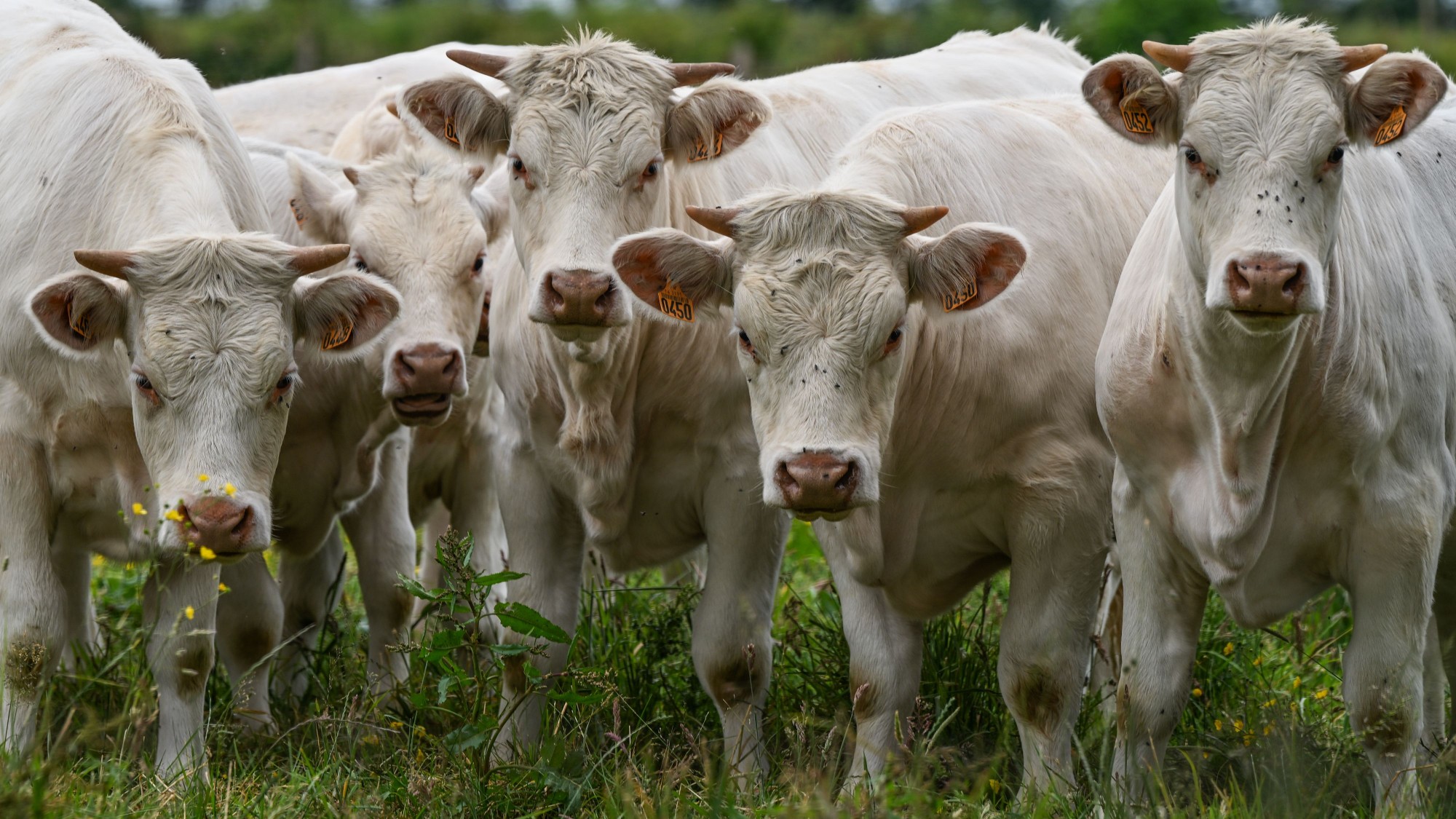 Bovaer: the new dairy additive prompting boycotts and conspiracy theories
Bovaer: the new dairy additive prompting boycotts and conspiracy theoriesIn The Spotlight Manufacturer says it wants to reduce methane emissions from cows but social media criticism has grown
-
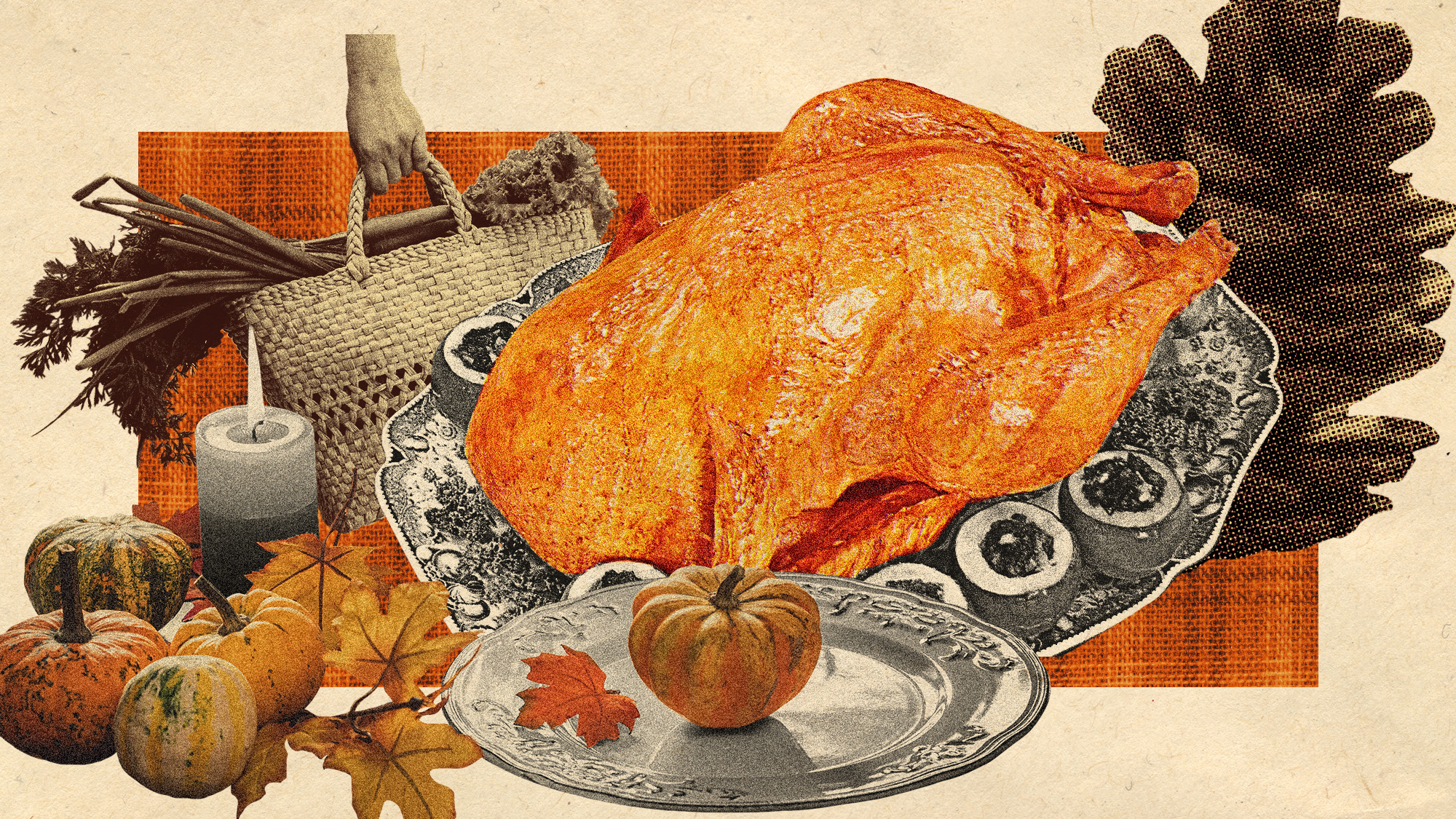 4 tips for hosting an ecofriendly Thanksgiving
4 tips for hosting an ecofriendly ThanksgivingThe Week Recommends Coming together for the holidays typically produces a ton of waste, but with proper preparation, you can have an environmentally friendly gathering.
-
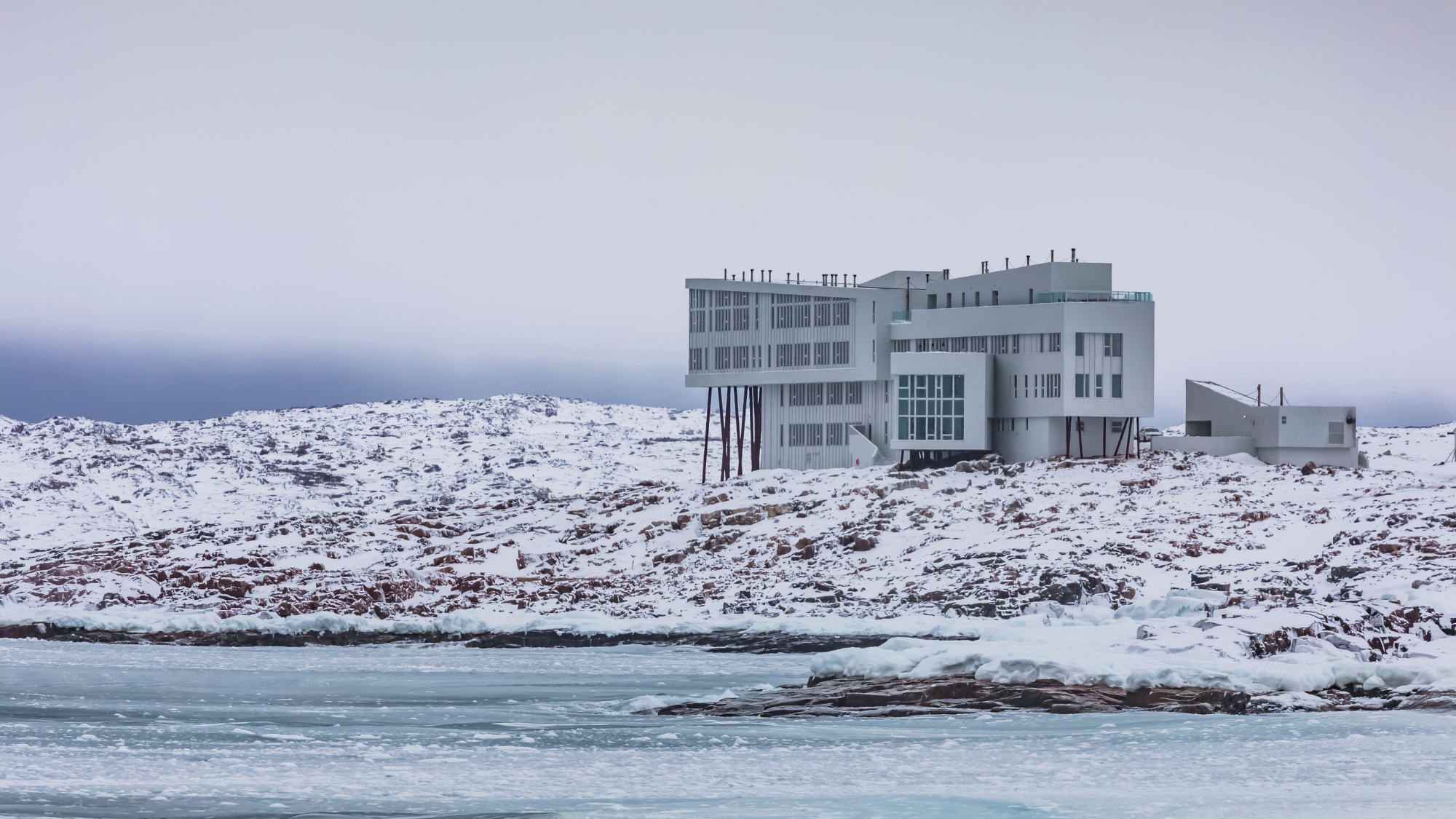 The best eco-friendly hotels around the world
The best eco-friendly hotels around the worldThe Week Recommends These tranquil retreats won't cost the Earth
-
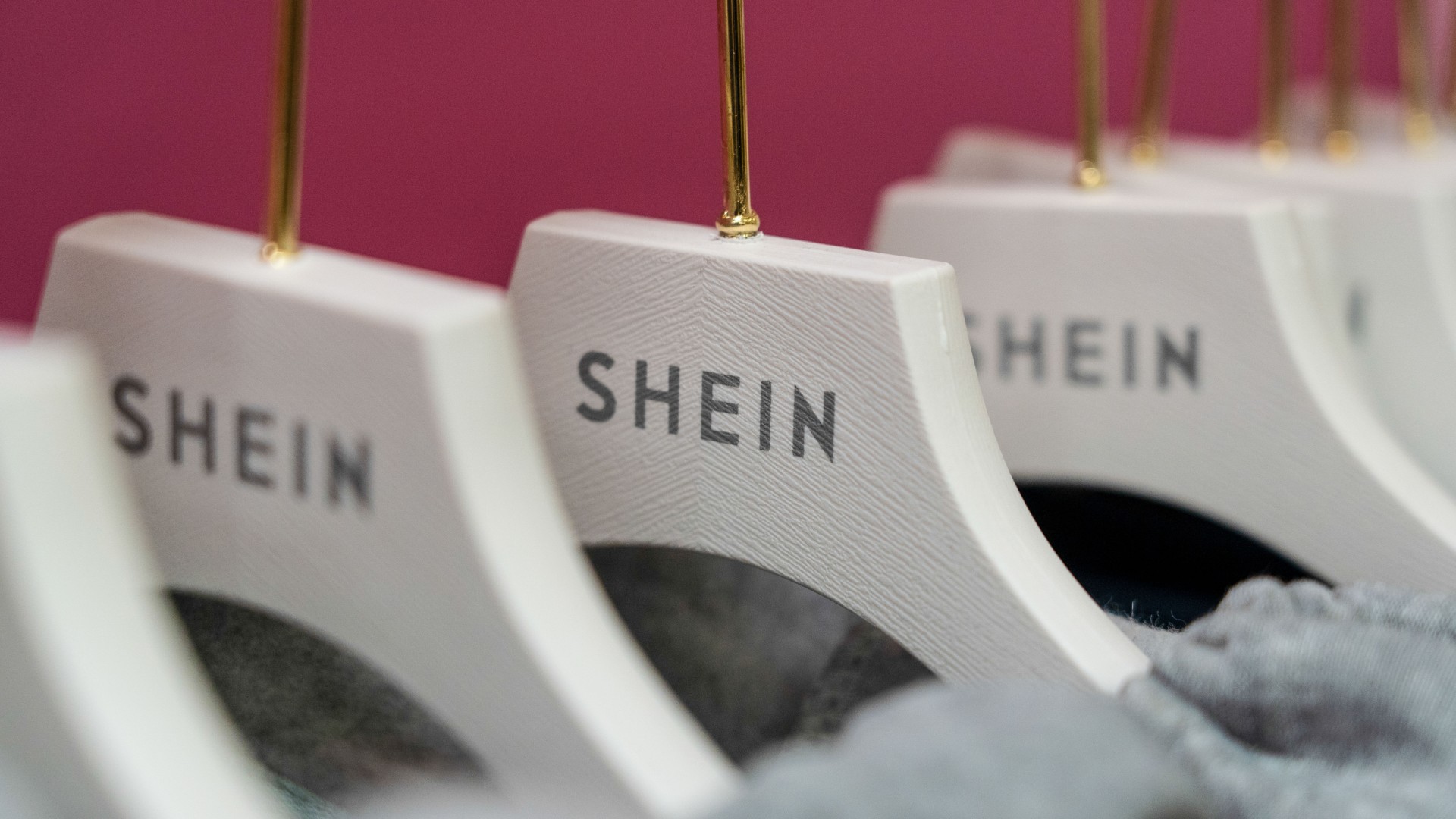 How Shein bucked the trend for sustainable fashion
How Shein bucked the trend for sustainable fashionIn the Spotlight Ethical concerns outweighed by ultra-fast, cheap and disposable clothes, as Chinese retailer prepares for £50bn London listing
-
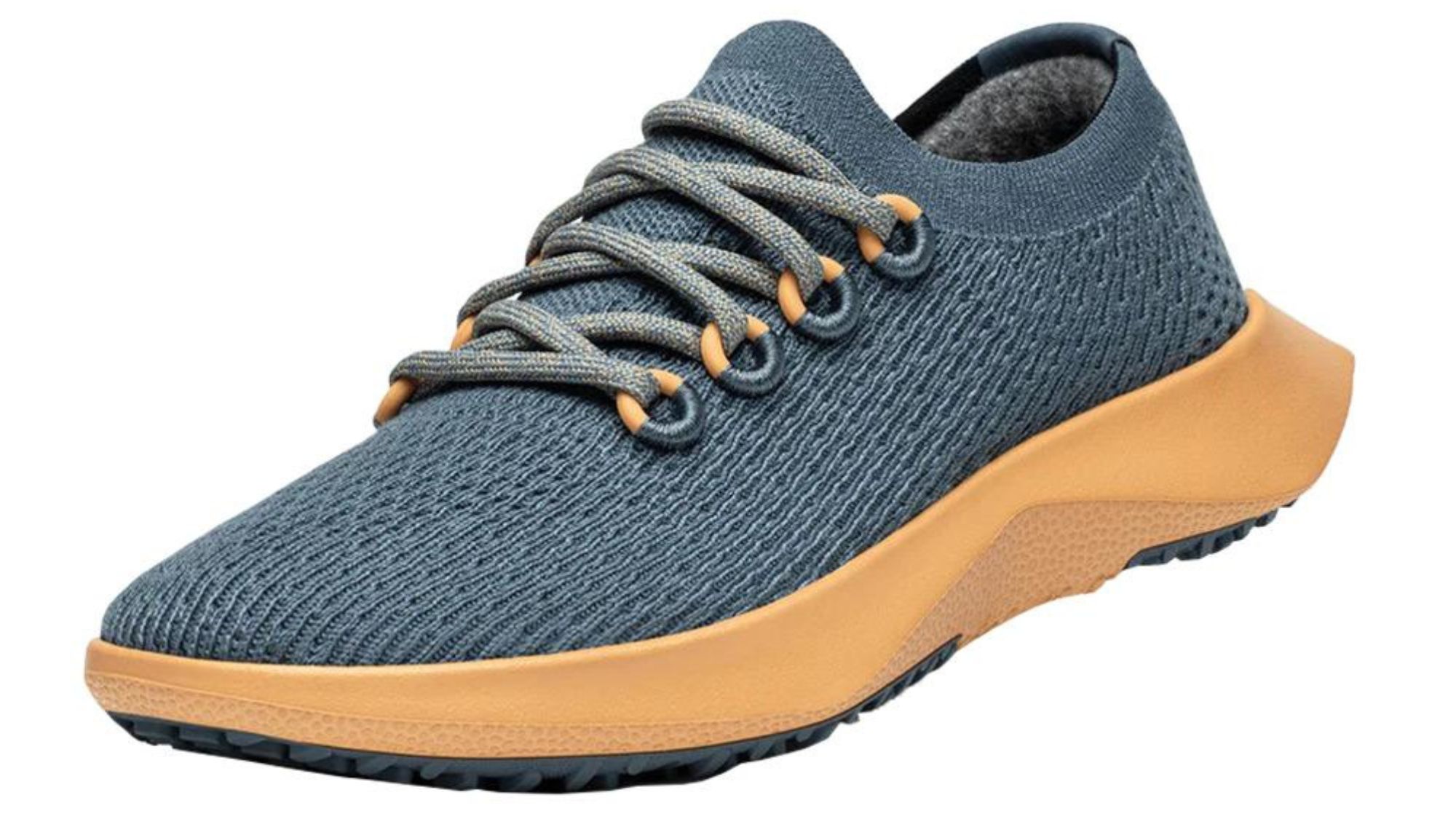 The best sustainable gear
The best sustainable gearThe Week Recommends From a smartwatch and speaker to a laptop and running shoes